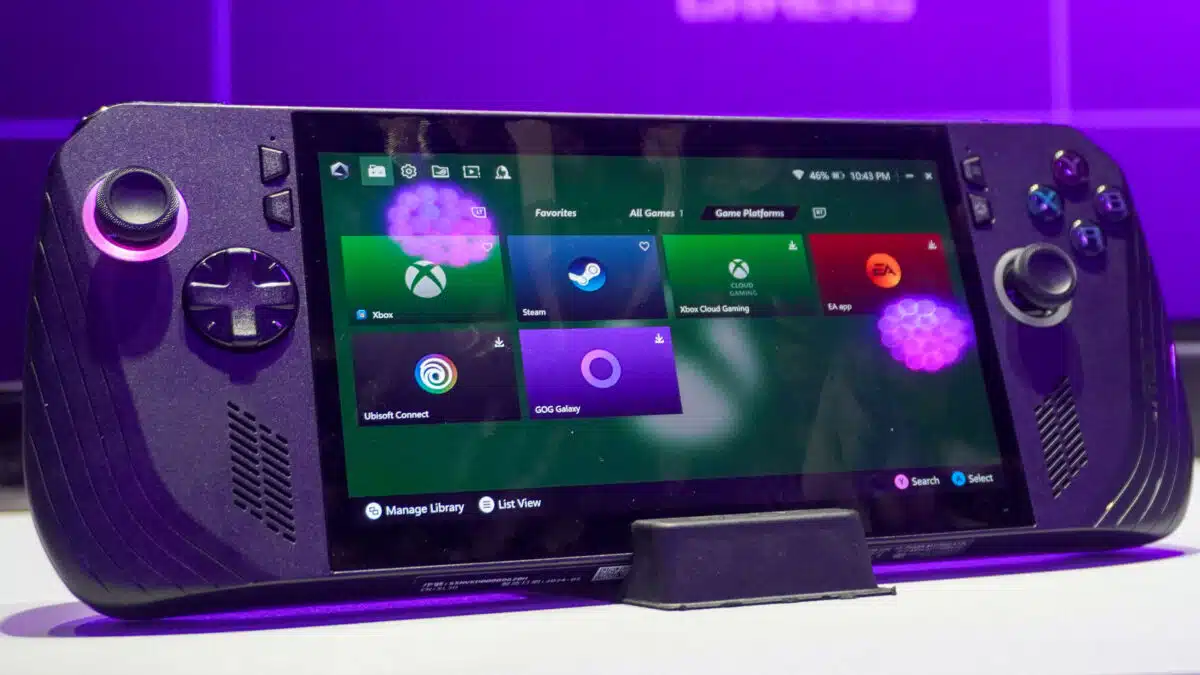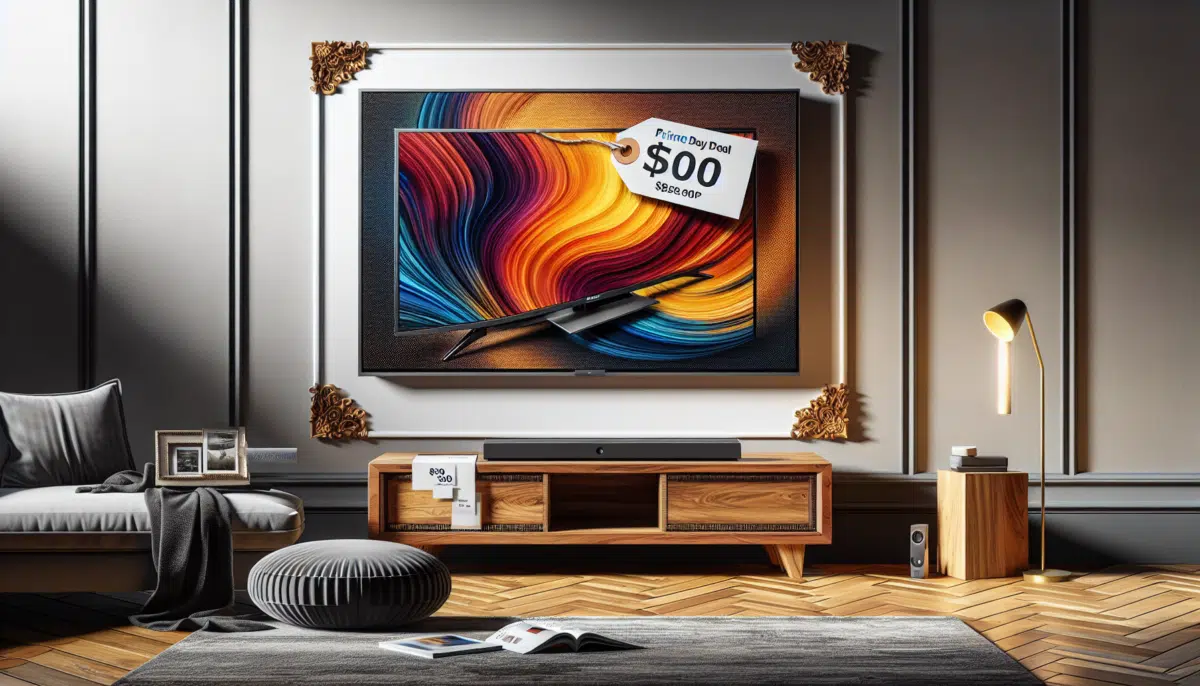Expected in the upcoming July update for Windows 11, the Game Pass ad was spotted in the recent preview update for the OS, albeit temporarily due to a bug (details here). This ad has been noted in earlier test versions of Windows 11.
Referred to as a ‘recommendation,’ the Game Pass ad targets Windows 11 Home and Pro users who actively engage in gaming activities, as per insights from Windows Central.Microsoft seems keen on monetizing the operating system with subtle ‘recommendations’ or suggestions like these, which are becoming more frequent. The worry is they may intensify over time, potentially becoming more intrusive.
Pushing the Limits…
From a critical standpoint, these strategies have already crossed a line. Blurring the distinction between recommendations and advertisements raises doubts about genuineness. While currently, Microsoft appears to recommend products that enhance user experience, there’s concern about potential future scenarios where boundaries may be pushed.
Considering third-party app ads creeping into Windows 11 and the rising prevalence, it’s apprehensive to think these may become more commonplace. Could Microsoft trigger similar moves from competitors? Will users of other platforms face an influx of unwanted ads as a consequence?
It’s unsettling that these ads won’t be discreetly tucked away but could feature prominently in the day-to-day operation of Windows 11. The idea of encountering a full-screen ad while performing routine tasks like opening File Explorer isn’t appealing.
Users do not rent Windows but own it, whether for personal or professional use. Inclusion of unavoidable ads reduces the ownership experience, akin to ad interruptions on YouTube, though Windows 11 isn’t free. Navigating advertisements just to manage basic operations may lead to discontent.
Microsoft needs to tread cautiously and limit such ads if it wants to maintain user trust with Windows 11; however, doubts persist regarding the company’s approach.






